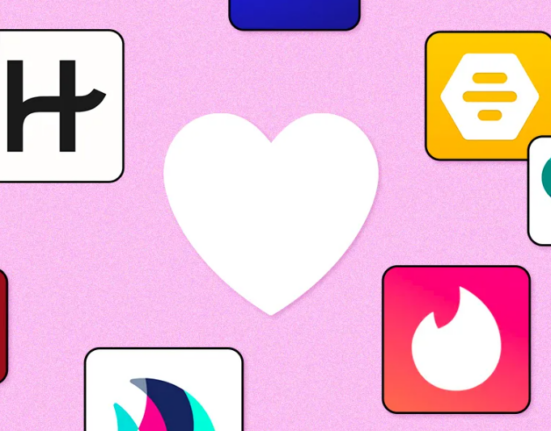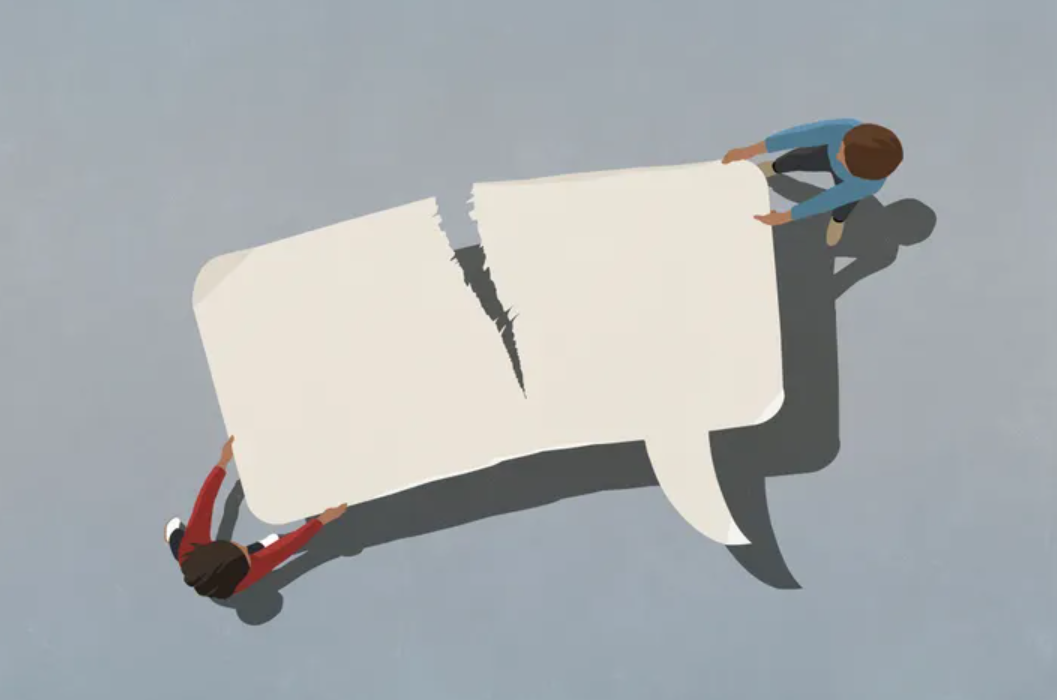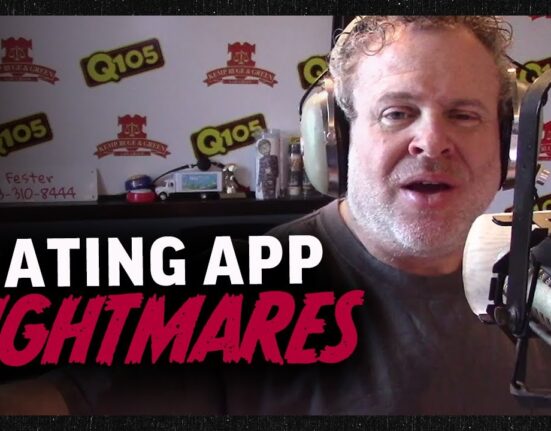Ready to Disagree With Your Partner? Start Off By Trying Not to Tell Them How Much You Hate Them
Introduction
Another day, another relationship expert giving you advice. I love a bit of online relationship advice because some of it is really good, and some of it is just absolutely chaotic. The latest ridiculous piece of information comes from someone who claims to have a doctorate and attended Harvard. I’m not saying the university should take back their degree, but their list of “toxic phrases” is ridiculous.
Good relationship advice
When we argue with our partner, we often say things we don’t mean. It’s easy to get stressed, angry or frustrated and not be as loving or articulate as we’d like to be. I think if I listened back to fights I’ve had with my boyfriend I’d absolutely cringe at the weird things both of us come out with. That’s why we will pause an argument, take some time to cool off and return to the subject later, and focus on finding a solution and remembering how much we love each other. A genuinely good bit of relationship advice I heard was to be a team with your significant other. It’s the two of you versus the issue, not versus each other.
Weird relationship advice
Back to the weird advice. According to this doctor, these phrases are toxic and can destroy your relationship.
- You don’t deserve me
- Stop asking if I’m ok. Everything is fine
- You’re pathetic
- I hate you
- You’re a bad parent
- You’re being crazy
- You’re so needy
- I’m over this
To give the doctor credit, she’s right: these are toxic things to say. No shit, Sherlock. If you hate your significant other, you need to end the relationship – before it ends you. So here’s a tip: if you find yourself saying or hearing any of those phrases, walk away and seriously consider breaking up.

Breaking down the toxic phrases
If I were to rank those phrases from least toxic to most toxic, I think I would start with “everything is fine”. I’m a fairly anxious person and sometimes I misread signals. I think people are upset with me when they aren’t, and that’s stressful and unpleasant. If this sounds like your partner, then remember that you love them and offer some reassurance. Shutting them down and telling them to “stop asking” is hurtful because, ultimately, they’re worried about you. So this can go one of two ways: either, there is an issue, which you do need to address and work through, or there isn’t an issue – aside from your partner’s insecurity. Do something comforting, possibly according to their love language, and then ask why they’re feeling this way.
The most toxic phrase (and this is debatable) is probably “you’re crazy”. I absolutely hate how normalised it is to describe something as “crazy”, given its connotations and history as a derogatory term for a person with mental health issues. I’ve eliminated that word from my vocabulary and it’s nice. If you’re genuinely concerned about your partner’s mental health, you should get them help, not use it to make them feel worse. Calling someone “crazy” is also gaslighting and abusive, because it makes them question their reality and then they can be manipulated. So don’t do it, and if you find your partner using that word with you, really consider whether you want to be in that sort of relationship.

Using better phrases
This doctor who allegedly graduated from an Ivy League university has offered some other advice, about words which you should use to create a healthy relationship dynamic. These are
- Use “I” statements
- Say “thank you”
- Take responsibility
I would say, on the whole, these are less obvious than her “toxic phrases”. Of course, you should thank your partner, in the same way you should thank your colleagues, friends, service staff, bus driver and your dog.
Using “I” statements is much more interesting. To me, this seems like pretty decent advice. For example, saying “I’m feeling upset” or “I’m feeling insecure” or even “I’m sorry” seem like pretty good ways to articulate your feelings and don’t directly attack your partner. It’s probably why some relationship counsellors play games like “when you… I feel…”. Just remember that if you say “I’m annoyed with you because of (enter reason)” and they say “you’re being crazy”, they’re not treating you well.
Conclusion
Is the good doctor’s advice very basic? Yes. It’s also not entirely incorrect, so I suppose that’s something to be glad about. It’s worth considering the language you use during an argument and making sure that you’re working towards a resolution, not pain. Disagreements are horrible, of course, so make them more pleasant and productive by taking responsibility and not telling your partner that you hate them.

Rachel Hall, M.A., completed her education in English at the University of Pennsylvania and received her master’s degree in family therapy from Northern Washington University. She has been actively involved in the treatment of anxiety disorders, depression, OCD, and coping with life changes and traumatic events for both families and individual clients for over a decade. Her areas of expertise include narrative therapy, cognitive behavioral therapy, and therapy for traumatic cases. In addition, Rachel conducts workshops focusing on the psychology of positive thinking and coping skills for both parents and teens. She has also authored numerous articles on the topics of mental health, stress, family dynamics and parenting.














Leave feedback about this